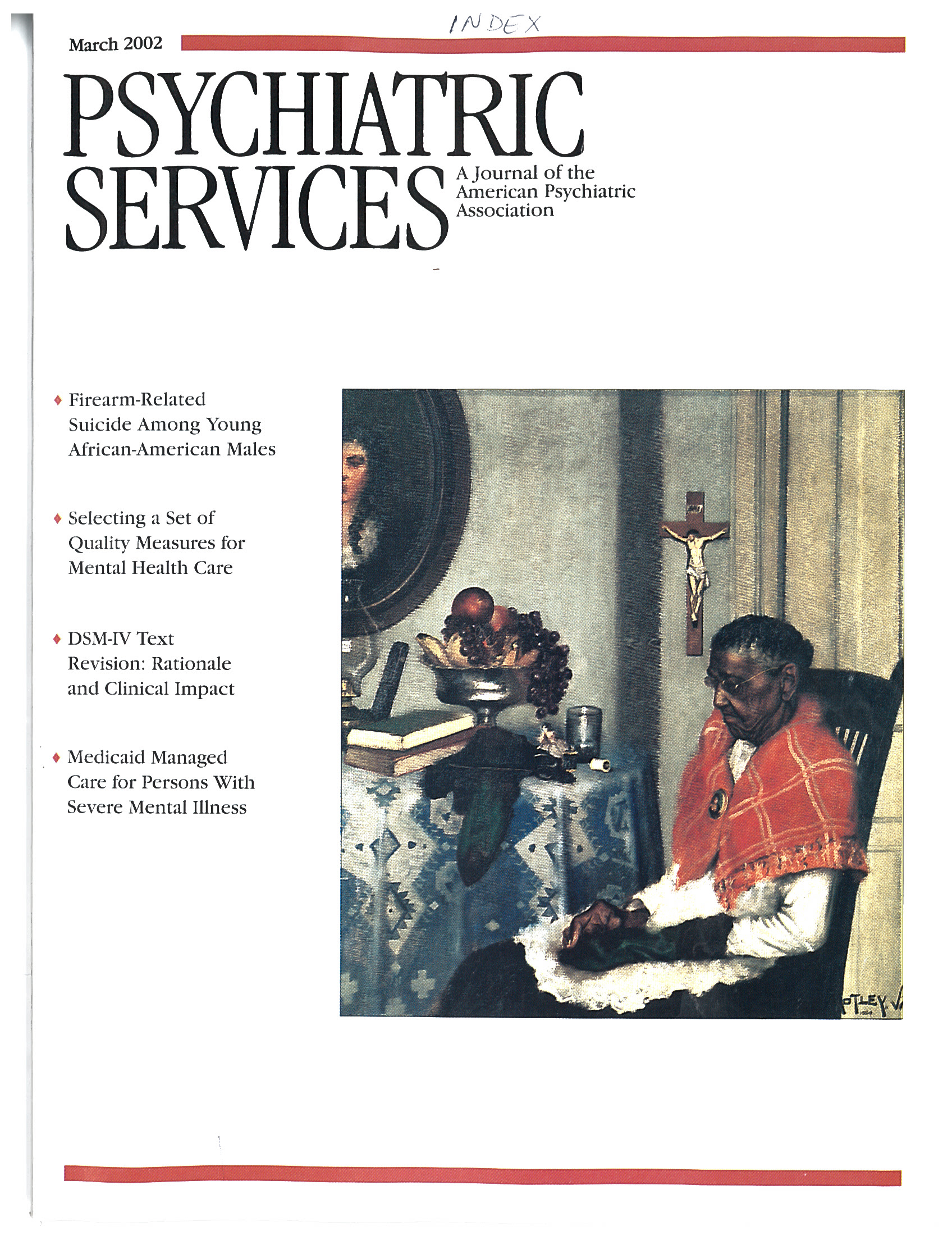This multiauthor work offers a comprehensive examination of the endemic public health problem of youth violence in schools. It is certainly an important and timely contribution to the field, particularly in light of the school shootings that have occurred across the country in recent years.
School Violence: Assessment, Management, Prevention consists of 15 chapters, written by 26 authors from various perspectives, including those of the clinician, the researcher, the attorney, and the school counselor. The book is organized into four parts. Part 1 addresses the factors that contribute to school violence, focusing in particular on the epidemiology of school violence, the developmental aspects of youths who kill, the nature of school violence, the detrimental effects of violence in the media, and the theoretical views of the biological and cultural causes of violence.
Part 2 is likely to be the most useful section for mental health clinicians. It offers an astute discussion of the different facets of diagnostic assessment, management, and treatment of youths who are at risk of violence, with an important overview of the relationship between youth violence and suicide. This section also offers chilling, eye-opening accounts of the shootings at Pearl High School in Pearl, Mississippi, and Columbine High School in Littleton, Colorado, which paint a realistic picture of the tragic and long-lasting effects of school violence.
Part 3 covers some of the legal considerations associated with school violence. The two chapters in this section, written, respectively, by an attorney and a forensic psychiatrist, are devoted exclusively to clinicians' legal responsibilities in violence risk cases set forth by the landmark Tarasoff case. The authors cogently discuss the legal concepts of foreseeability and liability on the part of those who treat violent patients, and they offer some useful suggestions for following the applicable standard of care for reducing the risk of losing civil negligence actions.
Part 4 focuses on the prevention of school violence. It offers a plethora of innovative examples of primary, secondary, and tertiary prevention strategies that have been implemented with remarkable success in several cities across the country. A consistent theme in this section is the importance of recognizing that systemic community collaboration efforts are necessary for the effective prevention of school violence. Mental health professionals working in the role of consultants to schools are likely to find this section particularly useful.
This volume's editors and contributors have succeeded in providing a concise but detailed and scholarly analysis of school violence. The book's strength lies in the pragmatic, hands-on approach it advocates in dealing with the numerous issues related to preventing school violence, from the assessment of those at risk to models of treatment and prevention.
School Violence: Assessment, Management, Prevention is an invaluable resource for psychiatrists, psychologists, social workers, school counselors, and educators. The book is filled with practical suggestions for ameliorating the problems of youth violence in the schools. It is simply a must-read for anyone who works with children and adolescents in the school setting.

